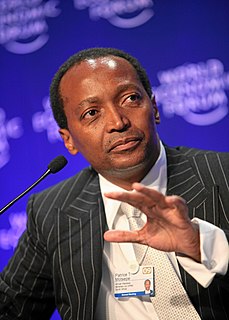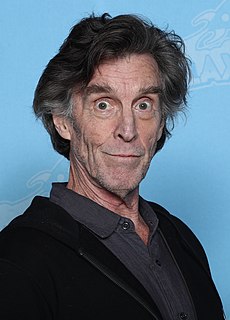A Quote by Patrice Motsepe
People don't know that there were very successful black businessmen in the years of apartheid.
Quote Topics
Related Quotes
Obviously, I'm not not black. But this is one thing I do know after years and years of working with a lot of black players and black commentators on many networks: That if you go to the place of you're telling a black man, or a black woman, that 'You should know your place and stay in it,' when you get to there, them's fighting words.
I would say I'm black because my parents said I'm black. I'm black because my mother's black. I'm black because I grew up in a family of all black people. I knew I was black because I grew up in an all-white neighborhood. And my parents, as part of their protective mechanisms that they were going to give to us, made it very clear what we were.
During the years I lived here, the people of Alexandra ignored tribal and ethnic distinctions. Instead of being Xhosas, or Sothos, or Zulus, or Shangaans, we were Alexandrans. We were one people, and we undermined the distinctions that the apartheid government tried so hard to impose. It saddens and angers me to see the rising hatred of foreigners.

































